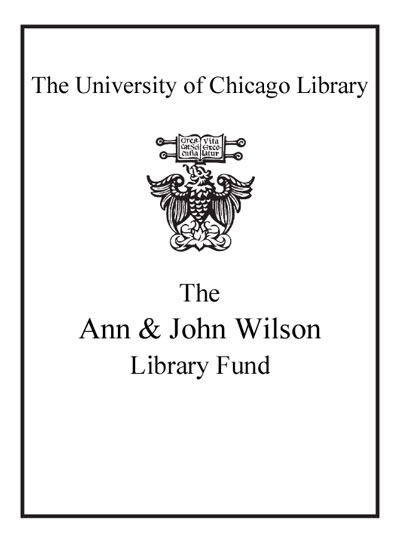| Notes: | Includes bibliographical references and index.
Barry Ames is the Andrew Mellon Professor of Comparative Politics at the University of Pittsburgh. He is the author of two major monographs, Political Survival: Politicians and Public Policy in Latin America and The Deadlock of Democracy in Brazil. He was principal investigator for the Two-Cities Panel Study of voting behavior. He is a co-author of Social Communication, Elections, and Voting Behavior in Latin America (forthcoming), as well as many articles in political science journals. His early work focused on political and electoral institutions in Latin America, especially in Brazil, and on social context and political behavior. His current work analyzes the process of implementation in Brazilian state-level bureaucracies.
Description based on print version record.
|
|---|
| Summary: | "With contributions from leading international scholars, this Handbook offers the most rigorous and up to date analyses of virtually every aspect of Brazilian politics, including inequality, environmental politics, foreign policy, economic policy making, social policy, and human rights. Divided into three major sections, Part One focuses on mass behavior, while Part Two moves to representation and Part Three treats political economy and policy. The Handbook proffers five chapters on mass politics, focusing on corruption, participation, gender, race, and religion; three chapters on civil society, assessing social movements, grass-roots participation, and lobbying; seven chapters focusing on money and campaigns, federalism, retrospective voting, partisanship, ideology, the political right, and negative partisanship; and five chapters consider coalitional presidentialism, participatory institutions, judicial politics, and the political character of the bureaucracy. This Handbook is an essential resource for students, researchers, and all those looking to understand contemporary Brazilian Politics"--
|
|---|

